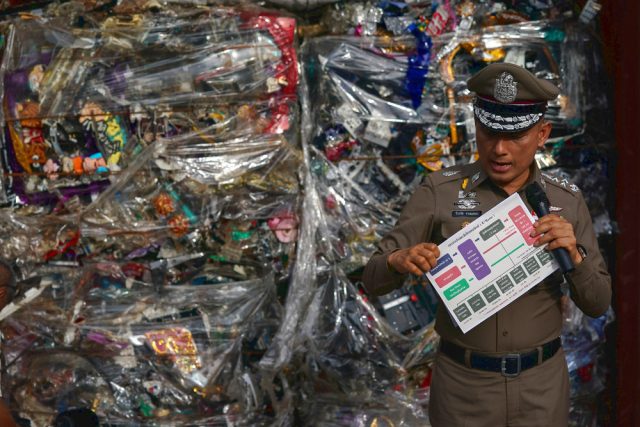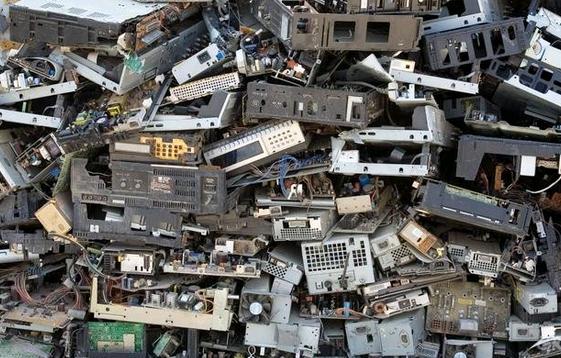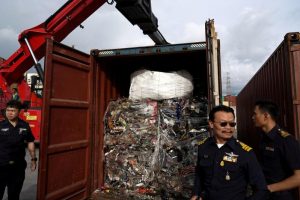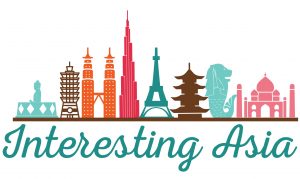
Industrial waste management can be a challenge for international companies operating in Thailand. The country’s industrial waste management regulations can best be described as opaque, especially in regard to enforcement and punishment. However, Thailand continues to crackdown on illegal dumping with the Eastern Economic Corridor (EEC) being a key area of emphasis.
The Industrial Estate Authority of Thailand (IEAT) recently announced a pilot project that focuses on reducing the illegal disposal of industrial waste. It will see trucks carrying waste monitored by GPS and radio frequency identification to ensure they go from factories to disposal facilities.
As part of the pilot program, a number of weigh scales and code checking facilities will be installed to help monitor trucks hauling waste. The program is being rolled out in the Lamphun province to start and will be implemented nationwide should it prove to be successful.
At the moment, the most common form of illegal industrial waste dumping comes during the transportation process. Trucks carrying waste either divert to public landfills designed for household trash or simply dump their loads in places where no one is looking. Of course, this is not the only gap in the industrial waste disposal process.
For years, waste disposal factories have run afoul of the law. A 2012 investigation found 14 facilities not following Industry Ministry regulations with all of these companies suspected of illegally dumping industrial waste. Some companies didn’t even have the machinery or switched machinery required to properly dispose of waste.
And while the waste management companies are the ones acting outside the law, the companies using their services will suffer. Not only is there the irreparable damage to brand reputation that this causes, but they may also be held accountable for the actions of the third party handling their waste.
This means it is absolutely vital for businesses to understand Thailand’s industrial waste management regulations. Even if you don’t plan on disposing of the waste directly, knowing these can be the difference between smooth sailing or sinking entirely. For foreign companies operating in Thailand, BOI tax compliance may hinge on proper waste disposal.
Also Interesting: Here’s the eco-friendly way Thailand destroyed $11 million worth of counterfeit products
Understanding the basics of industrial waste management regulations in Thailand
All businesses operating in Thailand are obliged to follow the Factory Act B.E. 2535 which provides the framework as to how waste can be disposed. Firms operating on an industrial estate must follow waste disposal procedures as detailed in IEAT Announcement No.29/2541 and IEAT Announcement No. 25/2547. The latter includes reporting guidelines along with a very important detail that can easily be overlooked.
IEAT Announcement No. 25/2547 clearly states that businesses producing waste are responsible for its transportation to an approved facility. Until it has been accepted by the facility, it is still under control of the company that produced, regardless of if the task has been outsourced to a third party.
Despite this, enforcement has proven to be problematic and is a reason why IEAT launched its pilot program to step up the monitoring of waste transportation. Unscrupulous industrial waste management companies continue to take waste away from factories, illegally dump some or all of the cargo and then forge documentation of the entire process.
However, since the waste producing business is the one ultimately responsible for its transportation, they are exposed to the greatest risk. Understanding this, some industrial waste management companies have begun installing GPS trackers on their trucks preemptively, providing their clients with greater peace of mind that they are in line with IEAT regulations.
Going Green: Surfboards, cement and Thailand’s most interesting green partnership
Hazardous waste management in Thailand

The process of hazardous waste management in Thailand is governed by regulations prescribed by the Department of Industrial Works (DIW). There are key differences between hazardous and non-hazardous industrial waste that businesses should make themselves aware of.
For starters, hazardous industrial waste may not be kept on-site for more than 90 days. Additionally, it may only be moved after you have obtained a permit from the DIW. There are also much more stringent record keeping and reporting measures in place. Failure to follow these could see your company subject to punishment.
The regulations governing transportation of hazardous and non-hazardous industrial waste are also different and, arguably, fairer to businesses. That’s because liability during transport is shared between the waste transporter and the producer assuming it is being carried out by a DIW approved agent.
A masterplan for industrial waste management has been proposed by the Pollution Control Department that would help bring disposal further in line with Thailand’s circular economy ambitions. Their plans call for the amount of both hazardous and non-hazardous industrial waste sent to landfills to be lessened through reuse and recycling.
Trash Problems: What does Southeast Asia need to do to stop leaking plastic waste into the ocean?
What is the punishment for not complying with regulations?

While industrial waste management regulations in Thailand explain how factories should dispose of trash, the repercussions for not doing so remain very opaque. In many ways, the lack of a deterrent alongside lax enforcement have emboldened some companies to cut corners or even disregard environmental laws altogether.
For example, DIW regulations state that any company caught illegally dumping hazardous waste is subject to penalties with fines and a shutdown of the facility possible. However, no specifics are provided as to what constitutes a violation and how it will be punished.
Meanwhile, IEAT Announcement No. 25/2547 simply states that those in breach of regulations may face legal action. However, a look at how Thailand combated the import of hazardous electronic waste shows how quickly the situation can change.
With floods of e-waste being illegally smuggled into the country, the government adopted strict punishments for those companies found guilty. Conviction called for a maximum 10-year jail sentence, a THB500,000 (USD15,600) fine or both. A number of foreign companies who illegally imported these materials have been caught, shut down and are currently facing legal action.
This isn’t to say Thailand will implement those same deterrents for companies found violating industrial waste management regulations. However, it does seem like a case of if and when stronger punishments and greater enforcement will come into effect.
For businesses receiving BOI benefits, non-compliance of Thailand industrial waste management regulations can see those perks stripped. Even if a company is not pursued via legal mechanisms, losing BOI privileges can be costly.
It is important to note that not knowing industrial waste management regulations in Thailand is not a valid excuse for non-compliance. If you produce waste, you are expected to know and follow all rules when it comes to disposal. Companies that are not up to speed on regulations should consider finding a partner who can guide them through the process.

































